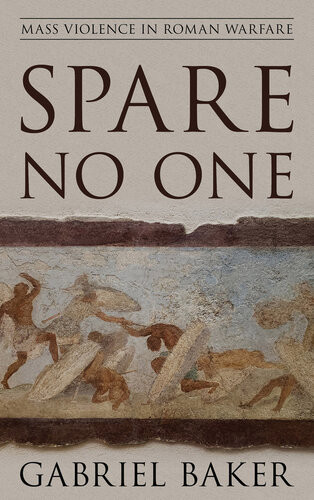

Most ebook files are in PDF format, so you can easily read them using various software such as Foxit Reader or directly on the Google Chrome browser.
Some ebook files are released by publishers in other formats such as .awz, .mobi, .epub, .fb2, etc. You may need to install specific software to read these formats on mobile/PC, such as Calibre.
Please read the tutorial at this link: https://ebookbell.com/faq
We offer FREE conversion to the popular formats you request; however, this may take some time. Therefore, right after payment, please email us, and we will try to provide the service as quickly as possible.
For some exceptional file formats or broken links (if any), please refrain from opening any disputes. Instead, email us first, and we will try to assist within a maximum of 6 hours.
EbookBell Team

0.0
0 reviewsIn 146 BC, the armies of the Roman Republic destroyed Carthage and Corinth, two of the most spectacular cities of the ancient Mediterranean world. It was a display of ruthlessness so terrible that it shocked contemporaries, leaving behind deep scars and palpable historical traumas. Yetthese twin destructions were not so extraordinary in the long annals of Roman warfare. InSpare No One, Gabriel Baker convincingly shows that mass violence was vital to Roman military operations. Indeed, in virtually every war they fought during the third and second centuries BC, the Roman legions killed and enslaved populations, executed prisoners, and put cities to the torch. This powerful book reveals that these violent acts were not normally the handiwork of frenzied soldiers run amok, nor were they spontaneous outbursts of uncontrolled savagery. On the contrary—and more troublingly—Roman commanders deliberately used these brutal strategies to achieve their most critical military objectives and political goals. Bringing long-overdue attention to this little-known aspect of Roman history, Baker paints a fuller, albeit darker, picture of Roman warfare. He ultimately demonstrates that the atrocities of the twentieth and twenty-first centuries have deep historical precedents. Casting a fresh light on the strategic use of total war in the ancient world, he reminds us that terror and mass violence could be the rational policies of men and states long before the modern age.